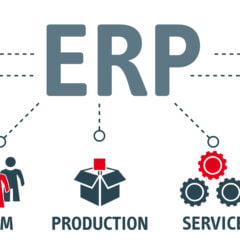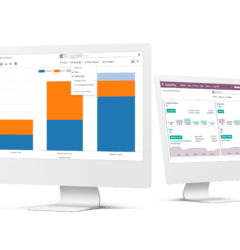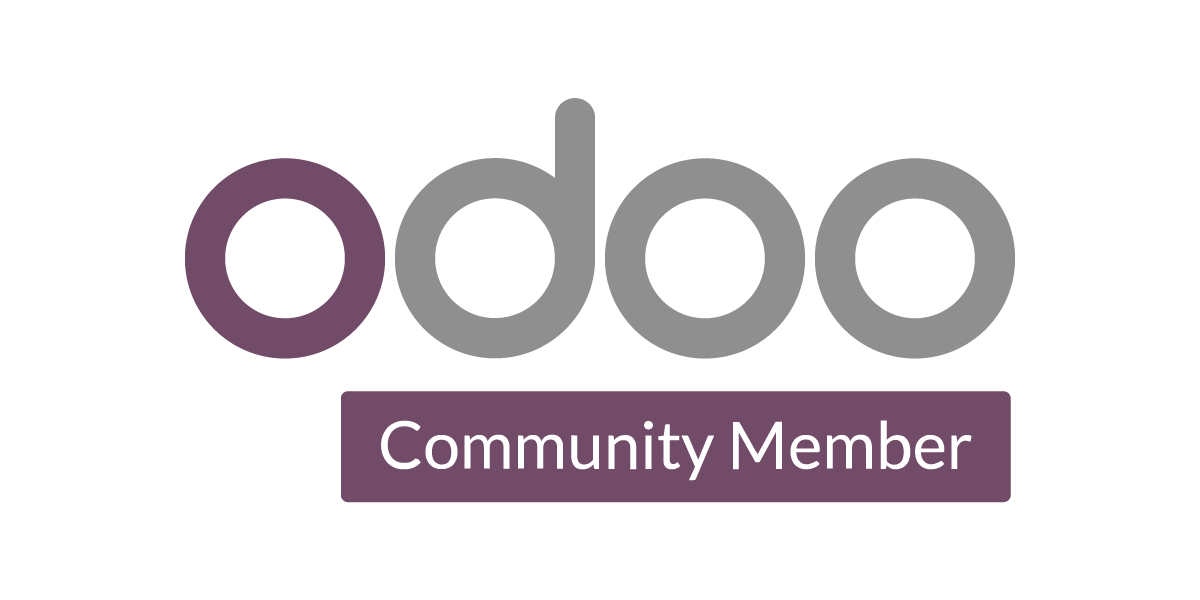
In the realm of accounting and business management software, Tally has gained significant popularity and a loyal user base in India. However, there is an ongoing debate surrounding Tally’s branding as “Tally ERP” and thus its positioning as a comprehensive Enterprise Resource Planning solution. The deceptive nature of this branding that includes the word “ERP” in its name which which confuses non technical Business professionals to believe that they already have an ERP while missing on the capabilities of a complete ERP. Here we some provide insights into the limitations of Tally Software.
Understanding Tally Software:
Tally Software, developed by Tally Solutions Pvt. Ltd., is undoubtedly a powerful accounting and business management tool. It offers a range of features that facilitate financial management, inventory control, and compliance with taxation requirements. These capabilities have made Tally a go-to choice for small and medium-sized enterprises (SMEs) seeking reliable accounting solutions.
The Deceptive Positioning:
Tally’s branding as “Tally ERP” has created confusion and led some users to believe that it is a comprehensive ERP solution. This positioning implies that Tally offers the same level of integration and functionality as traditional ERP systems, which is not entirely accurate. While Tally does provide additional modules and customization’s for specific industries, it primarily focuses on accounting and financial management, lacking the broader scope of an ERP system.
Key Limitations of Tally Software:
- Limited Functionality: Unlike true ERP systems, Tally does not encompass the entire spectrum of business operations. It lacks modules for crucial areas such as human resources, supply chain management, and customer relationship management. This means that businesses relying solely on Tally may need to implement separate systems for these functionalities, resulting in potential integration challenges.
- Lack of Real-Time Integration: True ERP systems excel in real-time data integration across departments, enabling seamless flow of information and improved decision-making. Tally, on the other hand, may require manual data transfers or periodic synchronization, hindering the ability to access up-to-date, unified information.
- Scalability Concerns: As businesses grow and expand, they require scalable software solutions. Tally’s scalability is limited, particularly when it comes to accommodating complex business structures or multiple locations. This can result in the need for additional software or systems to meet evolving needs.
- Industry-Specific Limitations: While Tally does offer industry-specific modules, these are often generic in nature and may not cater to the unique requirements of certain industries. This limitation can pose challenges for businesses that operate in specialized sectors, requiring more tailored ERP solutions.
Conclusion
While Tally Software undoubtedly offers robust accounting and financial management capabilities, its branding as “Tally ERP” is misleading. Businesses should recognize that Tally is not a comprehensive ERP solution but rather a specialized accounting software. Understanding its limitations in terms of functionality, integration, scalability, and industry-specific requirements is essential for making informed decisions about adopting Tally and considering supplementary software solutions to meet their broader business needs.








